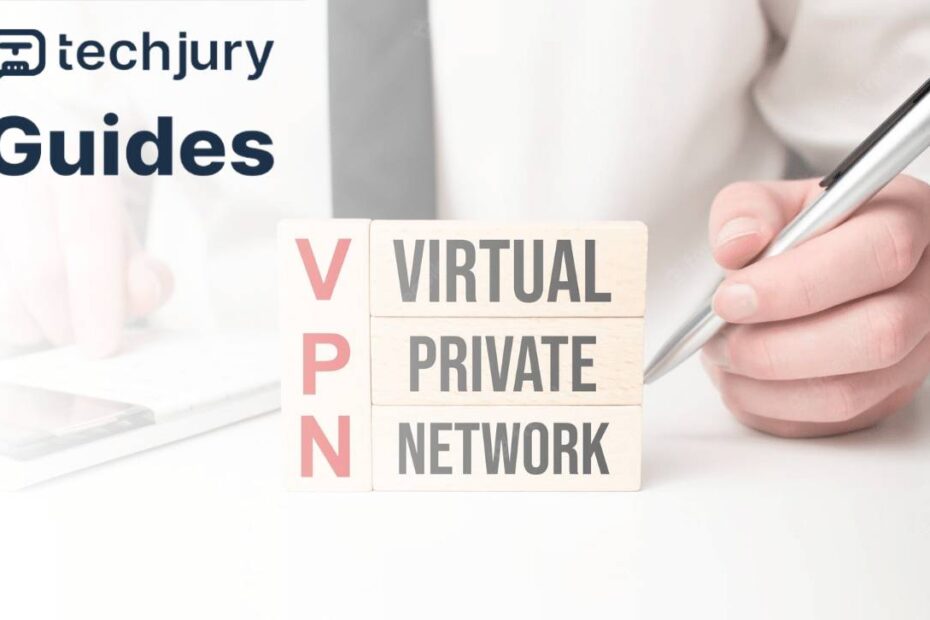Understanding the Digital Privacy Ecosystem
In our increasingly connected world, virtual private networks (VPNs) have transformed from niche technological solutions to essential digital infrastructure. Whether you‘re a corporate professional safeguarding sensitive business communications or an individual protecting personal online activities, understanding the nuanced landscape of VPN technologies has never been more critical.
The Evolution of Digital Privacy
The journey of virtual private networks reflects the broader narrative of digital security. What began as specialized tools for corporate network access has rapidly evolved into sophisticated systems addressing complex privacy and connectivity challenges across personal and professional domains.
Technical Foundations of VPN Technologies
Virtual private networks operate on sophisticated encryption principles designed to create secure, private communication channels across potentially vulnerable public networks. At their core, VPNs establish encrypted tunnels that mask user identities and protect data transmission from potential interception.
Encryption Protocols: The Backbone of VPN Security
Modern VPN technologies leverage multiple encryption protocols, each with unique strengths:
- OpenVPN: An open-source protocol offering robust security and flexibility
- IKEv2/IPsec: Providing rapid connection speeds and strong mobile device compatibility
- WireGuard: A newer protocol emphasizing simplicity and high-performance cryptography
These protocols represent the technological scaffolding enabling secure digital communication across diverse network environments.
Business VPN: Enterprise-Grade Network Protection
Architectural Complexity and Strategic Implementation
Business VPN solutions represent far more than simple connectivity tools. They are sophisticated network management platforms designed to address complex organizational security requirements. Unlike personal VPNs, enterprise solutions must simultaneously manage multiple user access points, integrate with existing infrastructure, and maintain granular control mechanisms.
Key Enterprise VPN Characteristics
Business VPN architectures typically incorporate:
- Centralized user authentication
- Comprehensive access logging
- Multi-factor authentication integration
- Scalable network infrastructure
- Advanced threat monitoring capabilities
Real-World Enterprise Deployment Scenarios
Consider a multinational technology corporation with distributed teams across multiple continents. Their VPN infrastructure must seamlessly connect employees in San Francisco, Berlin, and Singapore while maintaining consistent security protocols and performance standards.
Such deployments require intricate network design, considering factors like:
- Latency management
- Regional compliance requirements
- Bandwidth optimization
- Secure remote access protocols
Personal VPN: Individual Privacy Protection
The Consumer Privacy Landscape
Personal VPN services have emerged as critical tools for individuals navigating an increasingly surveilled digital ecosystem. These solutions offer users unprecedented control over their online privacy, enabling anonymous browsing and geographical content access.
Typical Personal VPN Use Cases
Individual users leverage VPN technologies for diverse purposes:
- Protecting personal data on public Wi-Fi networks
- Bypassing geographical content restrictions
- Preventing internet service provider tracking
- Securing personal communication channels
Comparative Market Analysis
Global VPN Adoption Trends
Recent market research reveals fascinating insights into VPN technology adoption. According to comprehensive studies, the global VPN market is projected to reach [estimated value] by 2027, with compound annual growth rates exceeding 15% across both enterprise and consumer segments.
Market Segmentation Insights
- Enterprise VPN Segment: Driven by remote work trends and increased cybersecurity awareness
- Consumer VPN Segment: Expanding due to privacy concerns and streaming content access
Technical Performance Metrics
Comparative Evaluation Framework
When assessing VPN solutions, several critical performance metrics emerge:
- Connection Speed
- Encryption Strength
- Server Network Diversity
- User Privacy Protections
Each metric provides nuanced insights into the practical capabilities of different VPN technologies.
Investment and Strategic Considerations
Future Technology Trajectory
The VPN landscape continues evolving, with emerging technologies like quantum encryption and artificial intelligence-driven security mechanisms promising transformative capabilities.
Investors and technology strategists should closely monitor:
- Blockchain-integrated VPN solutions
- Machine learning-enhanced threat detection
- Zero-trust network architecture developments
Practical Recommendations
Selecting the Right VPN Solution
When evaluating VPN technologies, consider:
- Specific organizational or personal requirements
- Budget constraints
- Performance expectations
- Long-term scalability
Virtual private networks represent more than technological tools—they are essential infrastructure enabling secure, private digital communication. As our world becomes increasingly interconnected, understanding these technologies becomes paramount.
Whether you‘re a corporate technology leader or an individual privacy advocate, the right VPN solution can transform your digital experience, providing robust protection and unprecedented flexibility.
About the Research
This comprehensive analysis synthesizes insights from global technology research institutions, market reports, and cutting-edge technological assessments. Our goal is providing actionable, forward-looking perspectives on VPN technologies.
